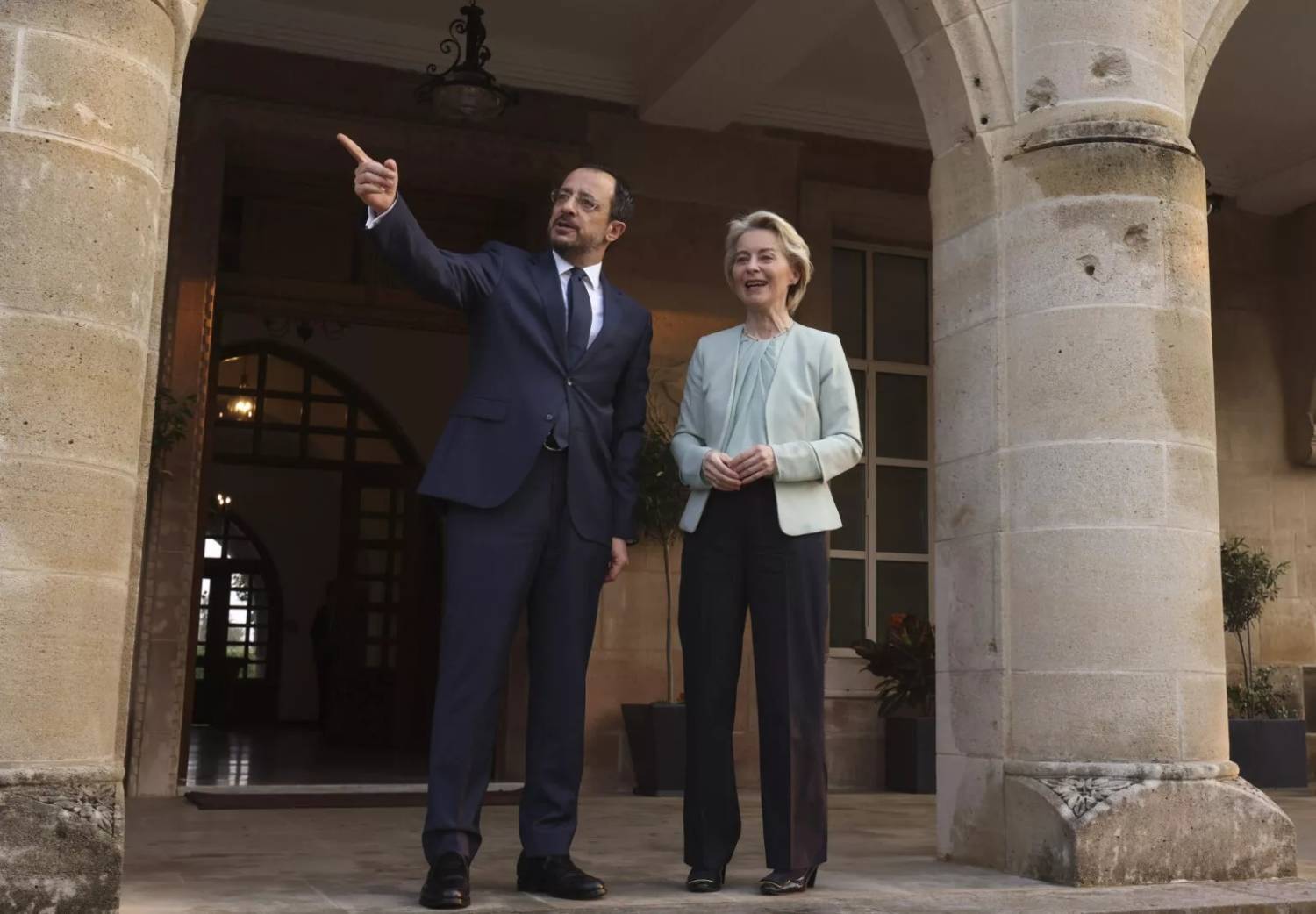The strategic significance of the Republic of Cyprus is only highlighted through actions.
And for actions to take place, there must be formulated policies and a defined framework for their implementation. These are linked to what has been highlighted for years regarding the need to exploit the country’s geostrategic importance.
Cyprus can be part of power redistribution, knowing its size and capabilities, leveraging its geographical position, and its status as a member state of the EU.
Indeed, Nicosia has made two strategic moves with the accession of the Republic of Cyprus to the European Union and the formation of an Energy Program. For these to be significant, they must be supported by implementation policies.
The “Amalthea” initiative, designed to transfer humanitarian aid from Larnaca to Gaza for Palestinians, was initially mocked domestically and undermined by international players.
With persistence and systematic work, Nicosia managed to integrate this plan into the broader picture of developments.
It succeeded in securing the consensus of all involved parties and international players, primarily aiming to deliver aid to the Palestinians in Gaza, who are fighting for survival.
At the same time, the Republic of Cyprus, facing serious issues with migration flows, took initiatives. It promoted enhanced measures, including patrols in its territorial waters.
Cyprus has obligations, which it fulfills, while an occupied country always has to, as it does, treat these people seeking a better life with sensitivity. They are also victims of war and human traffickers who have found a lucrative business.
Simultaneously, with these measures, the initiatives aimed to involve the European Union. Obviously, the Union’s involvement, the expression of solidarity, is not automatic and self-evident. It requires a great effort. And for small states, the effort seems titanic.
Hence, the visit of President Christodoulides and President of the European Union, Ursula von der Leyen to Beirut was not random, nor was it automatic because the leader of a member state requested it. It is obviously the result of efforts.
The equation should also include the fact that the European Union wants to play a role in the region. Despite internal balances, sometimes imbalances, and dependence on the US and NATO regarding foreign policy, there are obviously those in Brussels who want autonomous intervention.
A member state of the EU, geographically adjacent to the Middle East and which has managed to maintain good relations with almost all countries, is the Republic of Cyprus. It may be a small country, but it has capabilities, and our partners know it.
The planning and realization of the visit to Lebanon confirm this. As well as the fact that there was involvement from other leaders in supporting Nicosia’s demands towards Beirut, such as French President Emmanuel Macron.
Cyprus, with its movements and actions, as we observe them, is trying to exploit this strategic advantage. This should also inject into efforts to resolve the Cyprus issue and regarding the content of an agreement. But it also concerns the involvement of various third parties, who should realize that their interests in the region are not served if the Republic of Cyprus is under Turkish control.
They are not served by an agreement on Cyprus that makes the island a protectorate of Ankara. It should alarm them. Nor does it serve us primarily a long-standing pending issue where the occupying power consolidates its presence.






